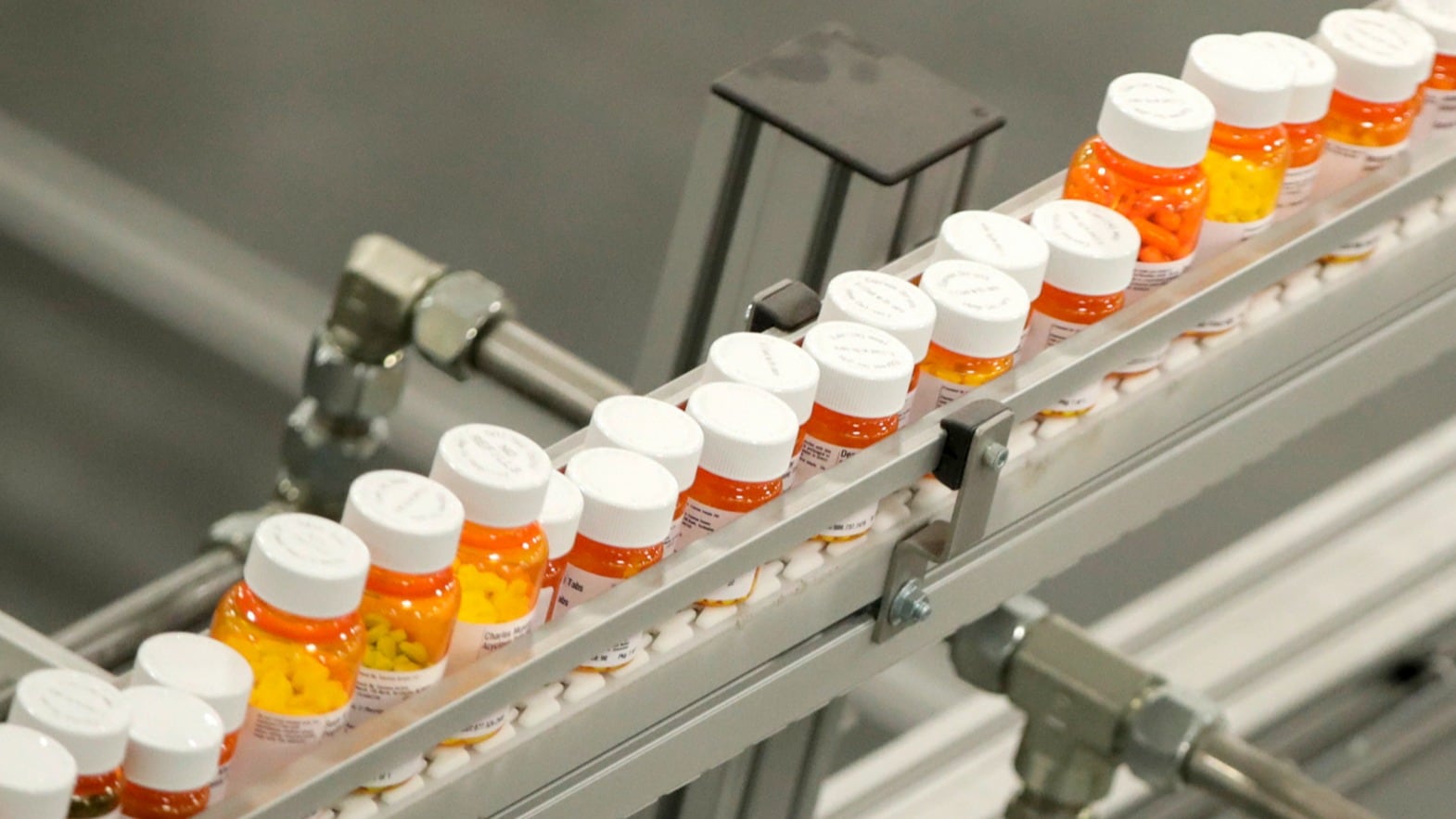Tricare health beneficiaries who fill prescriptions outside a military health facility will pay more for medications next year, but they will also have expanded access to new treatments for conditions like lung cancer and chronic back pain, under an announcement made by the federal government Tuesday.
According to a notice in the Federal Register, most Tricare prescription copayments for medications purchased at retail pharmacies and through the Tricare mail-order pharmacy will increase beginning Jan. 1.
In 2026, the rates for 30-day retail prescriptions will remain at $16 for generic drugs, but they will increase to $48 for brand-name medications. Ninety-day mail-order prescriptions will cost $14 for generic drugs and $44 for branded prescriptions. Non-formulary drugs will be $85 for the 30-day retail or 90-day mail-order prescriptions.
Prescriptions filled at military hospitals or clinics will continue to be available at no cost to patients, and active-duty personnel still won’t pay cost-shares or copays at retail pharmacies for covered medications.
The new rates reflect a 12% to 15.8% rise over the current copays, which were set at the start of 2024. The increase is part of a plan initiated in 2018 by Congress and the Defense Department to increase the share patients pay for their medical services through the military health program.
In addition to the increase in retail pharmacy costs, Tricare will introduce new coverage for some procedures, according to the announcement. Those include: radiofrequency ablation for uterine fibroids; cryosurgery for lung cancer or other cancers that have metastasized to the lungs; coronary calcium tests for patients suspected of having heart disease; and basivertebral nerve ablation for patients with chronic back pain.
Tricare also plans to cover the cost of electric devices, known as transcutaneous electrical nerve stimulation, or TENS units, to address post-operative pain. Tricare will allow patients who meet the criteria for a likelihood of developing certain types of cancer to have prophylactic surgeries, including mastectomies and hysterectomies.
The military health program also will no longer require some dependents who have lost their hearing to use hearing aids for at least three to six months before being eligible for cochlear implants, according to the announcement.
Tricare will continue to cover monoclonal antibody drugs for early treatment of Alzheimer’s disease — a benefit it began last year. Patients must receive pre-authorization to receive the medication and must undergo testing to determine they have the condition.
Also beginning next year, active-duty family members and retirees and their eligible family members who live in Tampa, Florida, or Atlanta will be able to enroll in a new Tricare Prime option managed by CareSource Military and Veterans.
RELATED

The pilot, which will run through 2029, provides a new managed care program for military families beyond military treatment facilities or Tricare managed by Humana Government Business, the contractor for the East Region.
Beneficiaries interested in enrolling in the new program will be able to do so during Tricare Open Season, set for Nov. 10 through Dec. 9. During that time frame, patients also may switch between Tricare Prime and Tricare Select or enroll in the Federal Dental and Vision Insurance program. Open season for FEDVIP closes Dec. 8.
“Tricare Prime Atlanta and Tricare Prime Tampa represent an innovative approach to advance access to care, enhance the patient experience, and strive for better health outcomes,” Dr. David Krulak, director of the Tricare Health Plan at the Defense Health Agency, said in a statement when the pilot was announced May 7. “The data we get from this demonstration will inform future Tricare innovations nationwide.”
Patricia Kime is a senior writer covering military and veterans health care, medicine and personnel issues.





